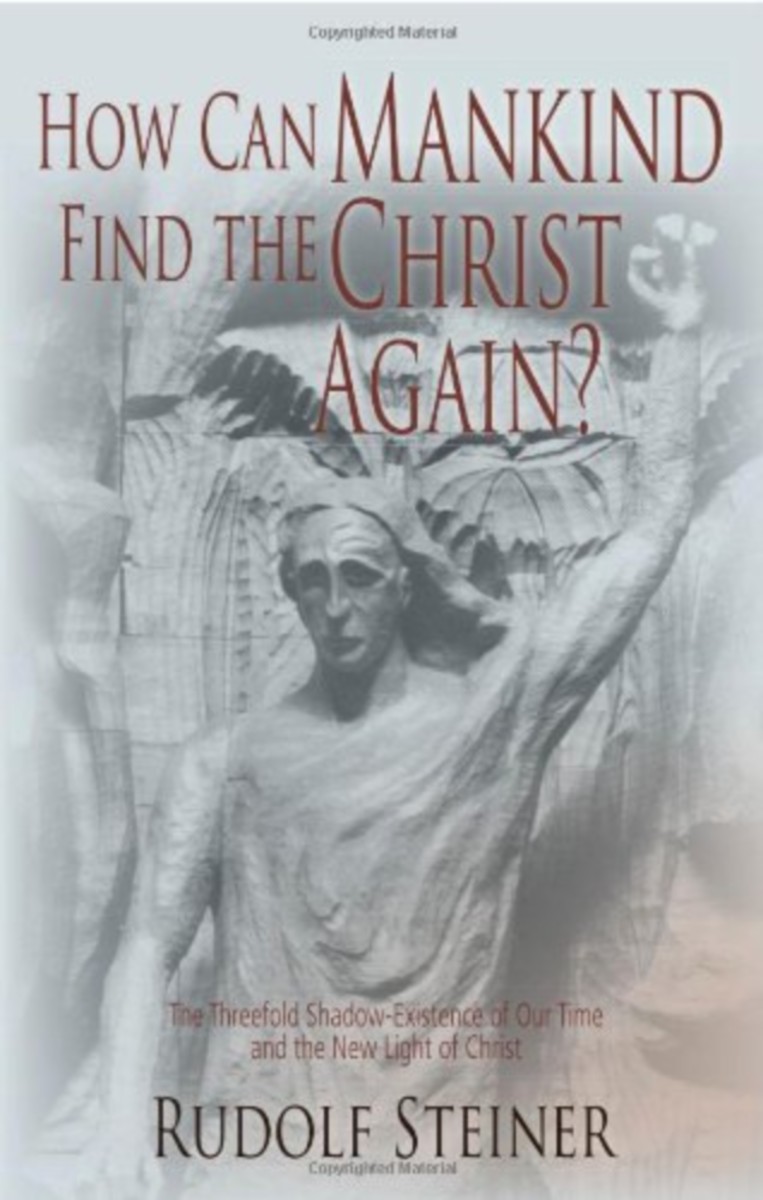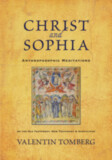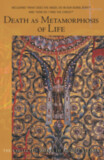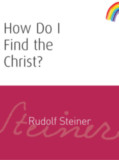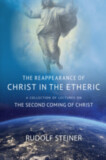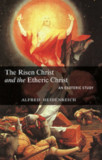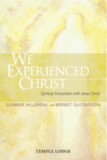How Can Mankind Find the Christ Again?
The Threefold Shadow-Existence of Our Time and the New Light of Christ (CW 187)
- Publisher
SteinerBooks - Published
1st May 1984 - ISBN 9780880100793
- Language English
- Pages 188 pp.
8 lectures, Basel and Dornach, December 22, 1918 - January 1, 1919 (CW 187)
“This is the goal toward which mankind strives through the new wisdom, in the new spirit: To find in the spirit itself the power to overcome egotism and the falseness of life, to overcome self-seeking through love, the sham of life through truth, illness through health-giving thoughts that put us into immediate accord with the harmonies of the universe, because they flow from the harmonies of the harmonies of the universe” (Rudolf Steiner).
Steiner examines the inner history of Christianity, explaining its relationship to ancient Judaism, Hellenism, Romanism, Gnosticism, and Egypto-Chaldean initiation. He describes the hidden spiritual battle raging today and the need for a renewal of the mysteries in a modern form.
Today's road to Christ must involve a new, formative thinking whose Christian character is shown in the advent of selflessness, health, and a sense for truth. George O'Neil describes the nature of these lectures in his foreword: "As always, Rudolf Steiner spoke freely without using notes. Most of his audience had studied—or were at least familiar with—his written works and the published lecture cycles on the Gospels and related themes. A similar background will be needed for reading How Can Mankind Find the Christ Again? Such a background will prepare the reader for challenges and vistas not encountered elsewhere. Steiner's message of the new Christ Light midst the shadow existence of our age speaks to the modern soul in search of a cognitive reach"
How Can Mankind Find the Christ Again? is a translation of « Wie kan die Menschheit den Christus wiederfinden? Das dreifache Schattendasein unserer Zeit und das neue Christus-Licht » (GA 187).
Rudolf Steiner
Rudolf Steiner (b. Rudolf Joseph Lorenz Steiner, 1861–1925) was born in the small village of Kraljevec, Austro-Hungarian Empire (now in Croatia), where he grew up. As a young man, he lived in Weimar and Berlin, where he became a well-published scientific, literary, and philosophical scholar, known especially for his work with Goethe’s scientific writings. Steiner termed his spiritual philosophy anthroposophy, meaning “wisdom of the human being.” As an exceptionally developed seer, he based his work on direct knowledge and perception of spiritual dimensions. He initiated a modern, universal “spiritual science” that is accessible to anyone willing to exercise clear and unbiased thinking. From his spiritual investigations, Steiner provided suggestions for the renewal of numerous activities, including education (general and for special needs), agriculture, medicine, economics, architecture, science, philosophy, Christianity, and the arts. There are currently thousands of schools, clinics, farms, and initiatives in other fields that involve practical work based on the principles Steiner developed. His many published works feature his research into the spiritual nature of human beings, the evolution of the world and humanity, and methods for personal development. He wrote some thirty books and delivered more than six thousand lectures throughout much of Europe. In 1924, Steiner founded the General Anthroposophical Society, which today has branches around the world.


